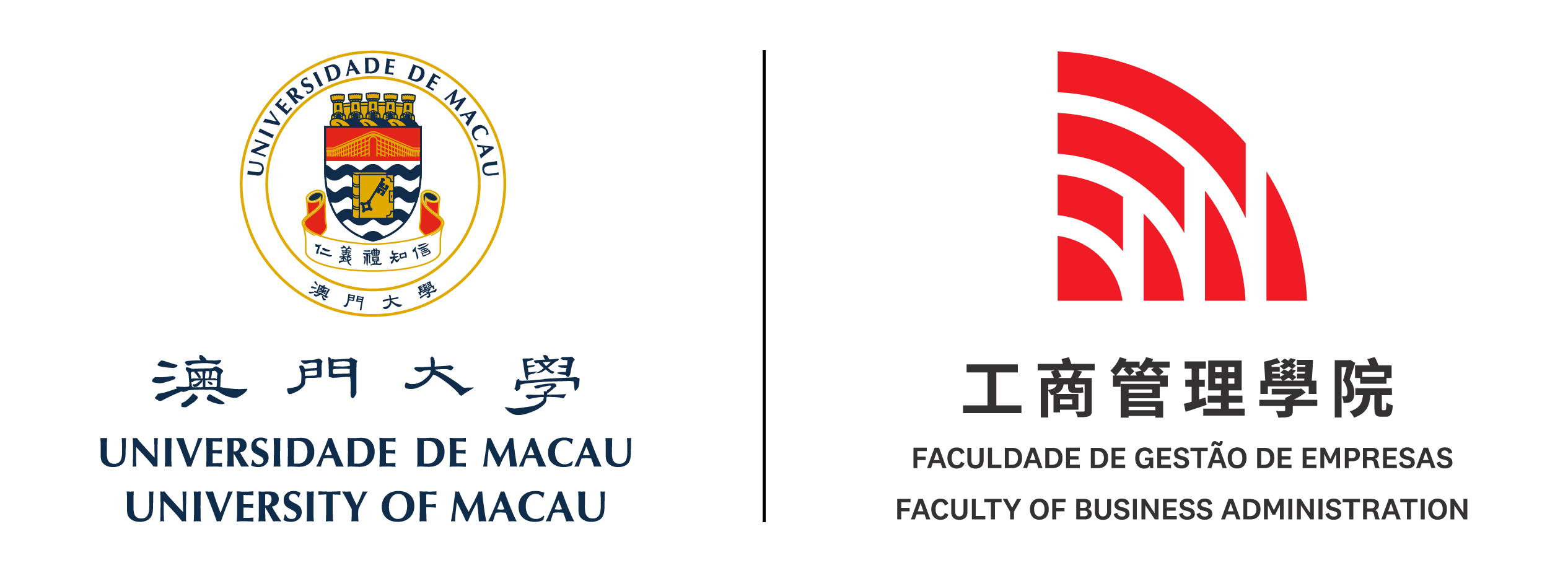International Sanction, Dynamics of Transnational Social Spaces and Human Resource Implications for Multinational Enterprises
Prof. Fang Lee Cooke
Distinguished Professor
Monash Business School, Monash University
Date: 13 December 2024 (Friday)
Time: 10:30-12:00
Venue: E22-G015
Host: Prof. Jacky Fok Loi HONG, Professor in Management
Abstract
By virtue of their multinationality, multinational enterprises (MNEs) are inserted in a multiplicity of economic and social relations across an extended spatial area. Moreover, they are not only embedded in social and economic networks in their country of origin and domicile, but also in transnational social spaces, the latter occupying multiple geographical locales, representing sites where transnational players, be their individuals and groupings interact (Pries, 2001). International sanctions will fundamentally change the position of MNEs from sanctioned countries – and those doing business in sanctioned countries. Such firms may work to rebuild their legitimacy, perhaps through weakening ties with their country of origin and engaging in reputation-building or lobbying activities. However, they help construct and/or may retreat into the more dubious transnational social spaces occupied by intermediaries, sanctions busters, mercenaries, and facilitators. This perspective paper analyses the impact of international sanctions, as a grand challenge, on MNEs and workers and the role of institutional actors in mediating the impact. Drawing on transnational social spaces and corporate social responsibility perspectives, it illustrates how MNEs can work with and/or rework transnational social spaces in managing their operations and workforce in the context of international sanctions. We accord particular attention to differences between MNEs from, on the one hand, sanctioned countries, and sanctioning or third countries on the other hand. The paper outlines several themes with indicative research questions for future research attention focusing on MNEs and reconfigured or emerging transnational social spaces. This paper contributes to Sustainable Development Goal 16— Promote peaceful and inclusive societies for sustainable development, provide access to justice for all and build effective, accountable and inclusive institutions at all levels.
Speaker
Prof. Fang Lee Cooke is Distinguished Professor at Monash Business School, Monash University, Australia. Her research interests are in the area of strategic HRM, knowledge management and innovation, outsourcing, international HRM, diversity and inclusion management, migrant studies, digitalisation and implications for employment and HRM; and low carbon growth and future of work. Fang Lee Cooke’s recent research projects examine some of these tensions, challenges and implications for various key stakeholders such as the state, employers’ associations, trade unions, workers, and labour NGOs. She has a long-standing interest in qualitative research in emerging economies and is currently engaging in research related to the role of businesses in achieving Sustainable Development Goals. Fang Lee Cooke is Co-Editor-in-Chief of Human Resource Management and International Business Review.
All are welcome!


